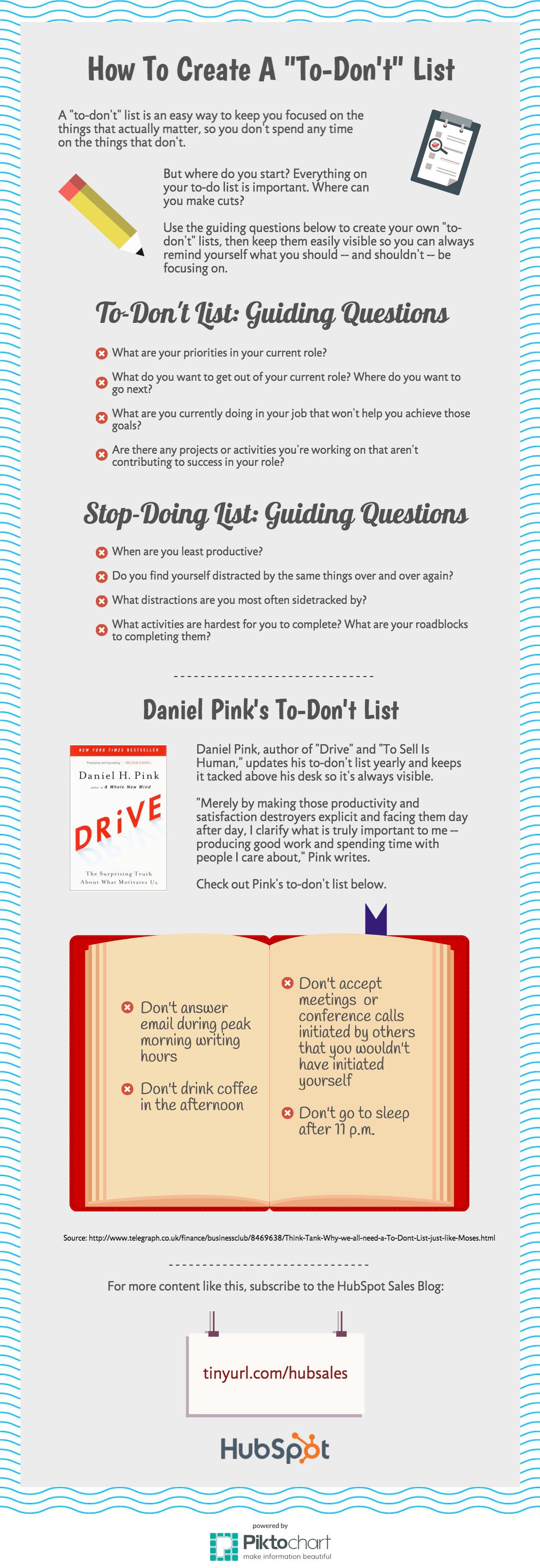A while back, I wrote about having a to-don't list, which is a list of things you don't do. I have one that helps me stay consistent and focused. Consequently, I have a life outside of work.
Years ago, I read HBR's classic article on Monkey Management. It changed my approach to how I manage my time in relation to other people. Typically, I teach 250 students a year and advise an additional 20 or so. Most are fantastic, but there are those few who attempt to manipulate me into do things for them. It's easy to fall into the trap of "I'm being helpful" or "It's just easier" - but really, you aren't helping (you are enabling) and it isn't easier (you've just taken on another responsibility). Maybe it's my age (50+) and maybe I'm just tired, but it's gotten easier and easier for me to tell my students to read the email I sent, figure it out, look it up, and read the directions.
Before I get into my list, I want to be clear about two things:
1. The difficulty with this is knowing when you are offering to help a student who typically has things figured out and when you are offering to help a student who will then keep asking for exceptions, breaks, and assistance. That's up to you. I do make exceptions for certain students. Is that fair? Yes. They earned it and it probably won't happen again.
2. This isn't about me being too busy to do something. I might have a lot of grading to do or maybe I'm working on a new assignment. But getting THAT work done benefits me, all of my students, and my employer. When you do your student's work, you have added to your work load so they can play video games, Snapchat, or hang out with their friends. And yes, they appreciate it (who wouldn't?), but at what cost to you, your other students, and everyone else? Suddenly, YOUR work is not the priority.
It's time to adopt the oxygen mask principle: Take care of yourself.
In an effort to own my own life, I developed a list of to-don'ts:
Teaching:
- No extra credit
- No discussing grades in class
- No discussing assignments right after I return them - wait 24-hours but discuss within a week.
- No discussing test questions as a class
- No calculating student grades
- No talking/emailing parents (unless emergency)
- No getting involved in other faculty-student issues (at the request of the student)
- No student FB friends
- No giving cell phone # to students
- No responding to email over the weekend or after work hours (unless emergency)
- No rearranging my schedule for a student (they don't show up)
- No changing grades unless I made an obvious error
- No writing letters of recommendation to students who haven't earned my respect
- No printing for students (in my office)
- No fretting over small online assignments - due at 11 pm - but I check it at 8 am - who cares if it's a little late?
- No looking up classes for unprepared students
- No printing program evaluations
- No telling students what related electives they should take (give them a bunch of options)
- No tolerance for cluelessness/drama
Follow me on Twitter








